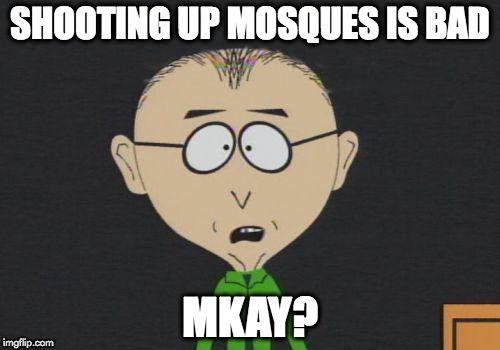I suspect very few observers, left or right, predicted that President Trump would hit the ground running quite as fast and hard as he has, and only his most ardent supporters suspected he would govern as conservatively as he has.
In the lead up to World War II, a new form of armored maneuver warfare was developed that came to be called blitzkrieg. The idea was that armored units, linked by radio coordination and supported by airpower, could move too fast for the enemy to react to, allowing the attacking force to first bypass, then encircle and destroy enemy units. By moving so rapidly, the attacking force induces the equivalent of a “nervous breakdown” in the defending force, which is reacting to maneuvers A or B while the attacking force has already moved on to E or F.
President Trump appears to be practicing the political equivalent of blitzkrieg. He’s making decisions, submitting cabinet appointees and upending so many sacred Washington applecarts that the Democrat Media Complex can’t react to what he’s doing in any coherent way, still stuck on something he tweeted last night. As Instapundit observed, Trump has gotten inside their OODA loop.
Another version of the same basic concept embraced by many IT startups: move fast and break things. The idea is that to successfully disrupt an industry, you should implement now and fix later, making your mistakes as quickly as possible. Indeed, Scott Adams says that “disruptive” is precisely the right framing for what President Trump is doing. “No one has ever tried moving at Trump’s speed before.” It’s a strategy that can work with a talented software startup, but its applicability to other venues (especially one as large and unwieldy as the federal government) remains to be proven.
Right now Trump is trying to implement more changes in Washington in his first two weeks than I’ve seen any administration attempt their first few months in my lifetime. There was no basking in the glow of the inauguration, no quiet period of consultation, just BOOM!, a firehose stream of decisive action.
Most gratifying for VRWC observers is that the vast majority of Trump’s official actions are solidly conservative. Outside of cancelling TPP and a few populist staff picks, it’s hard to think of any official Trump action (including the superb Neil Gorsuch supreme court pick) that wouldn’t have been carried out by, say, Ted Cruz. But it’s hard to imagine Ted Cruz moving this fast, much less Marco Rubio or Jeb Bush. (One imagines that at this point in a hypothetical Jeb Bush presidency he’d still be in the planning phase for his first illegal alien amnesty summit with congressional democrats.)
Even more gratifying from an emotional standpoint has been the continued meltdown of the Democratic Media Complex in the face of the Trump onslaught. Democrats remain fractured despite the zillions of dollars George Soros has poured into his astroturf brigades, the loony left has gotten even loonier, the MSM seemed stunned that no one cares what they say anymore, and the DNC still hasn’t healed the Clinton Sanders split. They all know they hate hate hate hate HATE Trump, but their strategies to oppose him have failed miserably. That’s why their actions (scream, protest, call him racist) seem like the result of tribal instinct rather than coordinated action. “Let’s have a violent protest in the middle of a deep blue city! That will certainly stop Trump!”
Indeed, I can’t help but thinking that the nonstop irrational rage the left have hurled at Trump has made him into much more of a traditional conservative than he was. “Hey, maybe I should pay more attention to the people who aren’t calling me Hitler 24/7!” For things outside his main campaign issues (trade, immigration, etc.), it seems that he’s delegated a lot of the heavy lifting to movement conservatives like Reince Priebus and Steve Bannon (who seems to have become the Trump Administration’s designated “evil mastermind” hate totem role for the left previously held by Karl Rove under Bush43).
Another side effect: The withering of #NeverTrump. It was never a huge movement to begin with (as Evan McMullin’s 0.53% share of the popular vote in 2016 attests), but the Gorsuch pick and Trump’s immigration executive orders seems to have taken what little wind remained in their sails for all but the hardest core of NeverTrumpers.
Donald Trump was elected as a change candidate in 2016, and so far he’s delivering more change more rapidly than all but his most ardent supporters expected.
